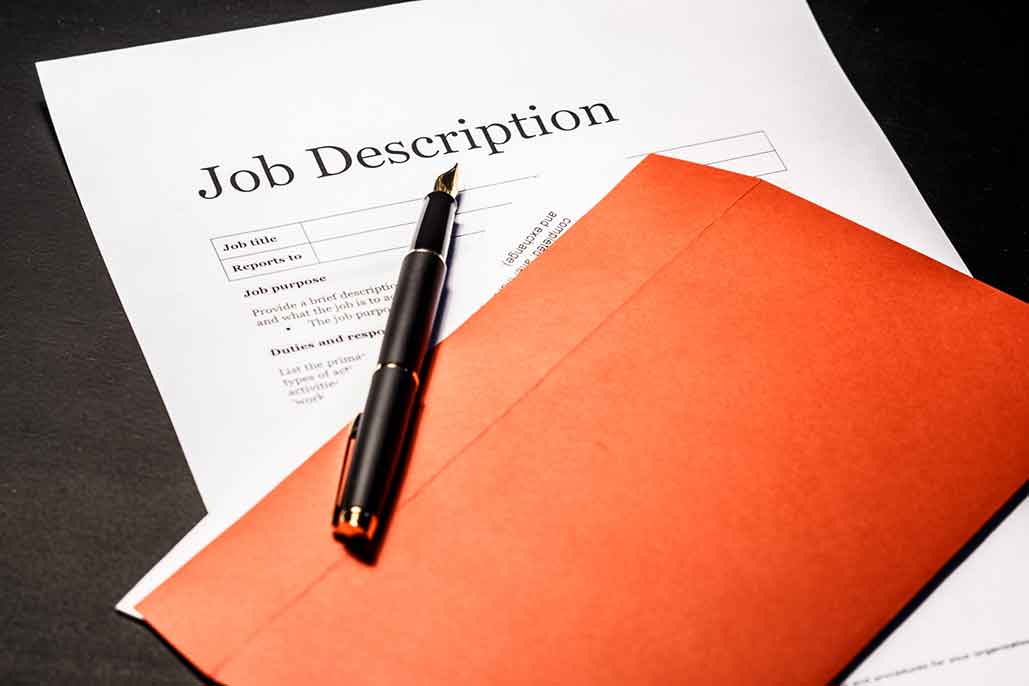
How to write a career change CV
Changing careers in mid-life is becoming increasingly common. A recent survey by...read more
A recent article by Cv guru Emma Alkirwi spoke of different ways to structure your cv to avoid age discrimination. That brought many questions from people worried about indirect discrimination among other things.

Our recent article regarding avoiding age discrimination on your CV brought many follow-up questions which highlights how much of an issue this is. This article aims to address these questions.
Some of the areas many of you were concerned about were:
Some of you felt that, by structuring your CV in the way advised, avoiding personal details such as age, you could be accused of withholding information from the employer and many of you felt uncomfortable with this feeling that you might be being dishonest. Please be reassured that this is not an attempt to ‘trick’ an employer and that will not feel that this is what you are trying to do.
The purpose of your CV is to provide the appropriate information to demonstrate your skills and expertise for the position advertised. By going into detail about positions you have held over 20 years ago you are unlikely to achieve this due to the length of time you did these jobs and the relevance of those jobs to your application.
In addition, the general rule is for your CV to be no longer than two pages so going back around 15 years is perfectly acceptable and expected.
Many of you felt that, while it was easier to avoid mentioning age in your CV, this was impossible on application forms.
To gain an appropriate legal answer for this I sought the expertise of Natalie O’Hare who is an HR and Employment Law Consultant from BeyondHR. Her response was as follows:
“Applicants do not need to feel that they have to include their date of birth on application forms if the question is asked. Especially, where it is not a mandatory field there is no reason to provide this unless there is a justifiable reason for the business requiring it.
Many businesses may still include this and not be aware that it’s best not to due to the risk of age discrimination claims from applicants. Businesses can obtain a successful applicant’s date of birth later, after appointment, to avoid any such claims. But they may just do what they have always done as they have not been advised otherwise or nobody has challenged them.“
Some of you expressed a concern about mentioning your school grades as you felt the moment you mentioned O Levels etc this would then highlight your age.
It would be perfectly acceptable to write GCSE equivalent or A Level equivalent and then the subject. For example, for those applying from Scotland or from overseas to positions in the rest of the UK they would put GCSE equivalent in case the reader did not understand their qualification and where it sits in the current market. Therefore, writing equivalent is fine and does not disclose your age.
Job searching can be an emotional rollercoaster and includes feelings of excitement, disappointment and frustration. I am a great believer in ‘what is for you will not go by you’. Keep persevering as the right position will present itself. Remember when you are at the interview you are assessing them to see if they are right for you too. It is not a one-way street.
I hope that this post addresses the points from the last article and puts your mind at ease.

Volunteering could help you back into the workplace after a career break. read more

Are you 50 plus and want to stay in work, but feel the time is right for something new? Retraining may be for you. read more

We share some tips on using LinkedIn to help you find a new job, or progress your career. read more